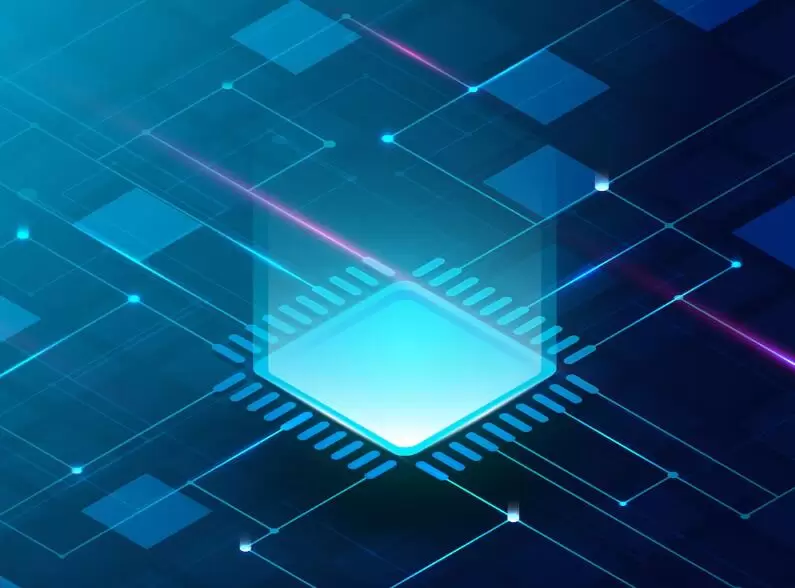
Software is a term that almost everyone is familiar with in today's digital age. It plays a crucial role in our lives, from the applications on our smartphones to the complex systems that power industries and businesses. But what exactly does the term "software" mean? And can we add an "s" to it? Let's dive into these questions from multiple perspectives and analyze the current market environment.
At its core, software refers to a set of instructions or programs that enable a computer or electronic device to perform specific tasks. It encompasses both the operating systems, like Microsoft Windows or iOS, and the applications that run on them, such as Microsoft Office or Adobe Photoshop. Without software, computers would be nothing more than a collection of hardware components.
System software is the foundation of any computing system. It includes the operating systems, device drivers, and utility programs that manage computer hardware and enable other software to run. System software provides essential functionalities, such as memory management, file system operations, and hardware communication. Examples of system software include Windows, macOS, Linux, and Android.
Application software, on the other hand, is designed for specific tasks or applications. It can be as simple as a text editor or as complex as a video editing program. Application software utilizes the services provided by the system software to perform its functions. Examples of application software include Microsoft Word, Photoshop, Google Chrome, and various mobile apps.
In today's digital world, software is ubiquitous and has profoundly impacted our lives. It has revolutionized industries, created new job opportunities, and facilitated communication and entertainment. From the way we interact with each other to the way businesses operate, software has become an integral part of our daily existence.
Now, let's address the question of whether we can add an "s" to "software." The answer is no. "Software" is an uncountable noun that refers to a collective concept or a mass noun. It encompasses all the various programs, applications, and operating systems. Adding an "s" to "software" would be grammatically incorrect.
Software is the backbone of modern technology. It enables us to accomplish tasks more efficiently, communicate seamlessly, and entertain ourselves in ways unimaginable just a few decades ago. Understanding the difference between system software and application software helps us recognize the various layers that make up our digital ecosystem. So, next time you use your favorite application or encounter a technological marvel, remember the pivotal role that software plays in making it all possible.




